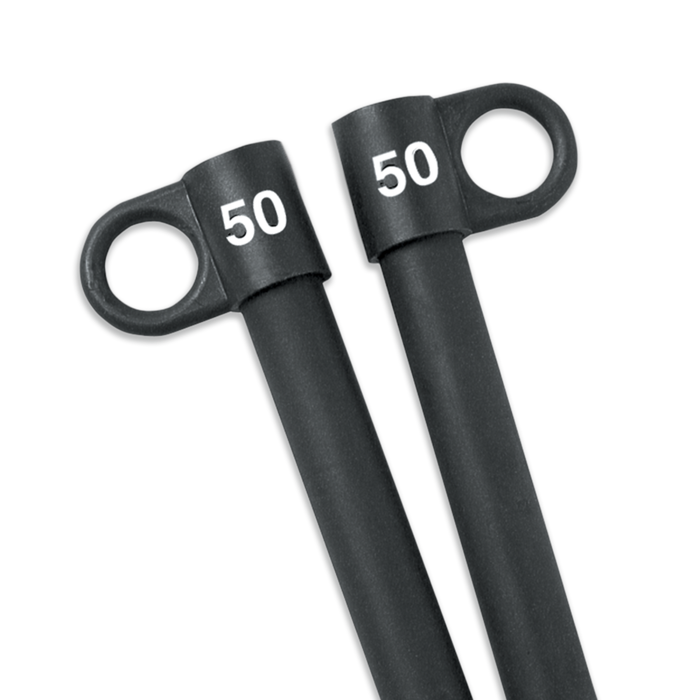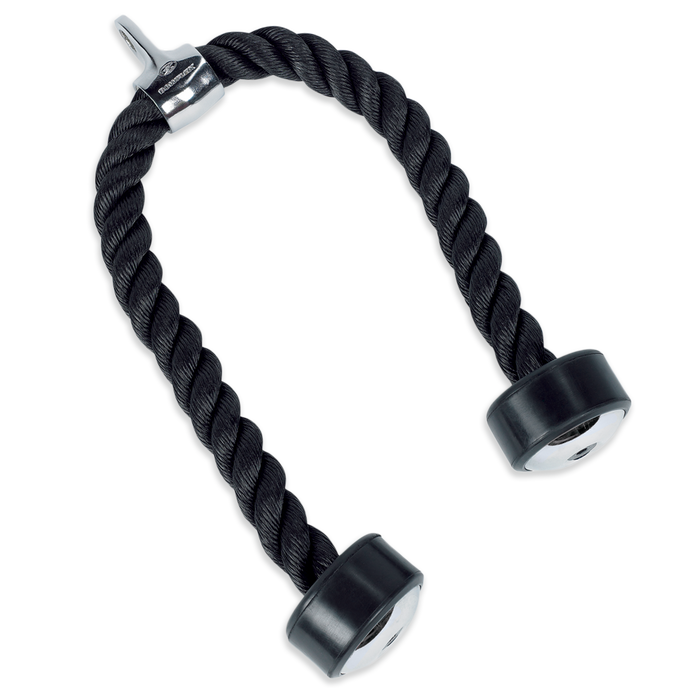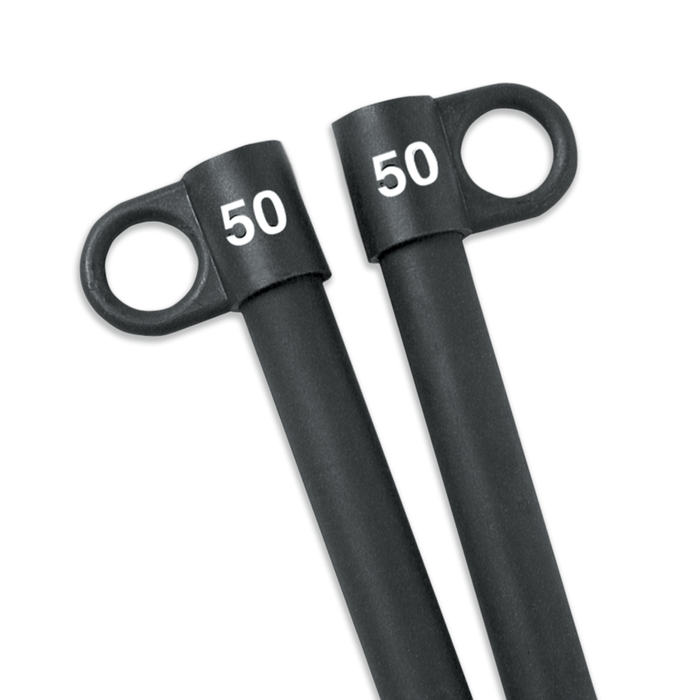8 Weight Loss Secrets - Part 1

It's not a secret pill or magical combination of foods. It's not doing cardio on an empty stomach or crazily working out for 2-3 hours per day. These 8 missing elements of the fitness puzzle are often overlooked, but commonly hold people back from losing weight or keeping the weight off long-term. As you contemplate your New Year's goals, keep in mind these key ingredients for success. Whether your goal is weight loss or something else health-related, we could all benefit from more of these healthy habits!
-
Sleep
More and more research is coming to the same conclusion: Catch 6-8 hours of uninterrupted sleep consistently to manage your waistline. Sleep works two-fold on your metabolism. First, lack of sleep creates a simultaneous rise in ghrelin and drop in leptin and second, it raises cortisol levels, which help your body be more efficient at fat storage—especially around your midsection. Ghrelin makes you feel hungry and leptin is the hormone responsible for creating a feeling of fullness. In other words, they both help control your appetite and metabolism. If you've ever craved carbs or just wanted to eat more after only a few hours of sleep, this is why. Your body is trying to compensate for lack of sleep with energy from food, even though you don't need the extra calories.
-
Balance of Nutrients
Cutting calories should not include nixing entire food groups from your diet. This will put you at risk of missing out on essential nutrients for your body to function. Your body needs carbohydrates, protein, AND a little healthy fat. Weight loss shouldn't be just about dropping pounds, but about a comprehensive, sustainable lifestyle shift in eating habits. If you focus on this, the weight loss will come. If your diet plan consists of trying to fill up on lots of low calorie foods like celery sticks, cucumber slices, popcorn, and chugging gallons of water, it's time to add in missing nutrients from higher-calorie foods like nuts, avocados, whole grains, lean proteins, eggs, and fruit.
-
Stress Management
Not managing stress has similar effects as lack of sleep. Hormonal changes make your body better at storing fat when under high amounts of stress. Not managing stress will essentially slow down your metabolism, increase cravings, and make it harder to lose weight, even if you're not a stress eater. While you might not be able to get rid of the sources of stress, you can choose to think about it differently. Try to do something daily to help manage stress, like exercise (one of the best forms of stress relief!), 3 minutes of deep breathing or unwinding with a hobby you enjoy.
-
Intrinsic and Extrinsic Motivators
Let's start with a quick definition of each of these: intrinsic motivation comes from within ourselves. It's the motivation to achieve self-confidence, have a strong self-image, and feel good inside and out just for yourself. Extrinsic motivators are outside motivators such as losing weight for a big event, a Biggest Loser Challenge at work, winning a bet with friends or going on a tropical vacation. Neither one is better than the other, however, most people who have the best long-term success with weight loss develop strong intrinsic motivation. This doesn't mean you can't have extrinsic motivators. They can help build you up, keep you motivated when your intrinsic motivation is lacking and help you overcome plateaus.
Learn the final four weight loss secrets in 8 Weight Loss Secrets - Part 2.




























